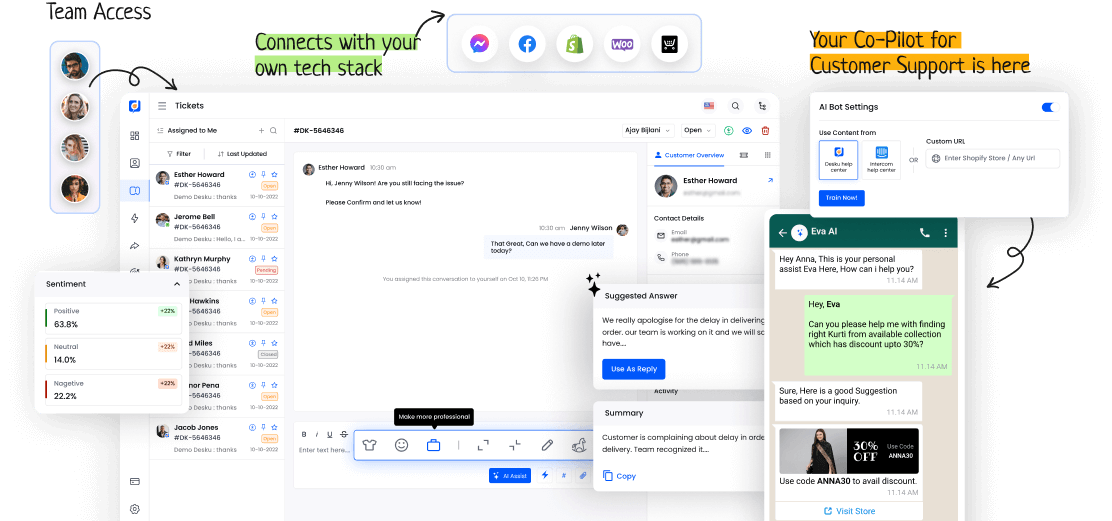Platform as a Service (PaaS) is a key idea in cloud computing. It provides a simple way for businesses to create and manage apps. This model cuts down on infrastructure complexity. It also promotes agility and innovation inside organizations. PaaS lets companies focus on building apps, not on operational details.
It offers a strong solution for modern businesses looking to improve their processes. PaaS helps them gain a competitive edge. The importance and influence of PaaS go beyond old development practices. It changes how businesses use technology for growth and success.
I. Understanding Platform as a Service (PaaS)
Platform as a Service, or PaaS, is a cloud model. It offers a platform for customers. They can develop, run, and manage applications on it. This is without the hassle of building and keeping up the base. PaaS brings benefits like better efficiency, scalability, and cost-effectiveness.
You can deploy PaaS in many ways. You can choose between public, private, or hybrid clouds. This caters to different needs and tastes.
II. Key Features and Benefits of PaaS
Platform as a Service (PaaS) gives notable benefits. Its key features make application development and deployment easier.
PaaS gives scalability. This means applications can adjust to change easily. It also provides flexibility. Developers can choose the best tools and languages for their needs.
These features boost efficiency and productivity in managing and building applications.
III. Real-world Applications of PaaS
The real-world use of Platform as a Service (PaaS) shows its practical value. Many industries use it. PaaS helps businesses grow. It offers flexible resources that can quickly adjust to changes.
It also saves money with a pay-as-you-go model. This model lets organizations control their costs based on actual use. It makes managing finances better.





